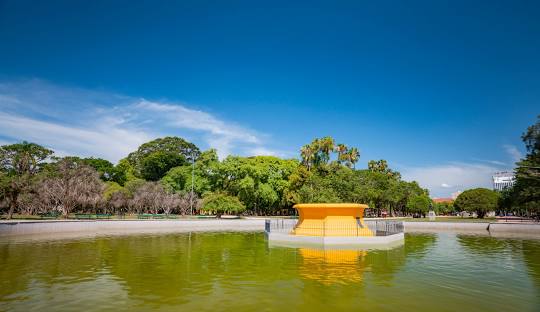DESTRUCTION OF THE ATLANTIC FOREST AND TRADITIONAL PEOPLES: interfaces that contribute to environmental racism
DOI:
https://doi.org/10.18764/2236-4358v13n40.2023.15Keywords:
Social Vulnerability, Forest, Biodiversity, BiomesAbstract
The term environmental racism can be expressed in different ways. One of them occurs when poorer and marginalized populations are systematically and disproportionately affected by negative environmental issues. Not far away, the destruction of the Atlantic Forest contributes to the consolidation of environmental racism, given that a large part of the population living around the forest suffers from its degradation, contributing to the separation of race, ethnicity and class. In this sense, traditional peoples or communities are the most affected, because in many cases, they have the forest as an environment to seek their livelihood or other connections with nature. The research, with a qualitative approach, involved semi-structured interviews with 10 people who live for more than 30 years around the two fragments of Atlantic Forest located in the municipality of Paulista-PE, seeking to understand their interactions with the forest and the impacts of the destruction of the biome on the lives of these people.
Downloads
Downloads
Published
How to Cite
Issue
Section
License
Copyright (c) 2024 Revista Húmus

This work is licensed under a Creative Commons Attribution 4.0 International License.







